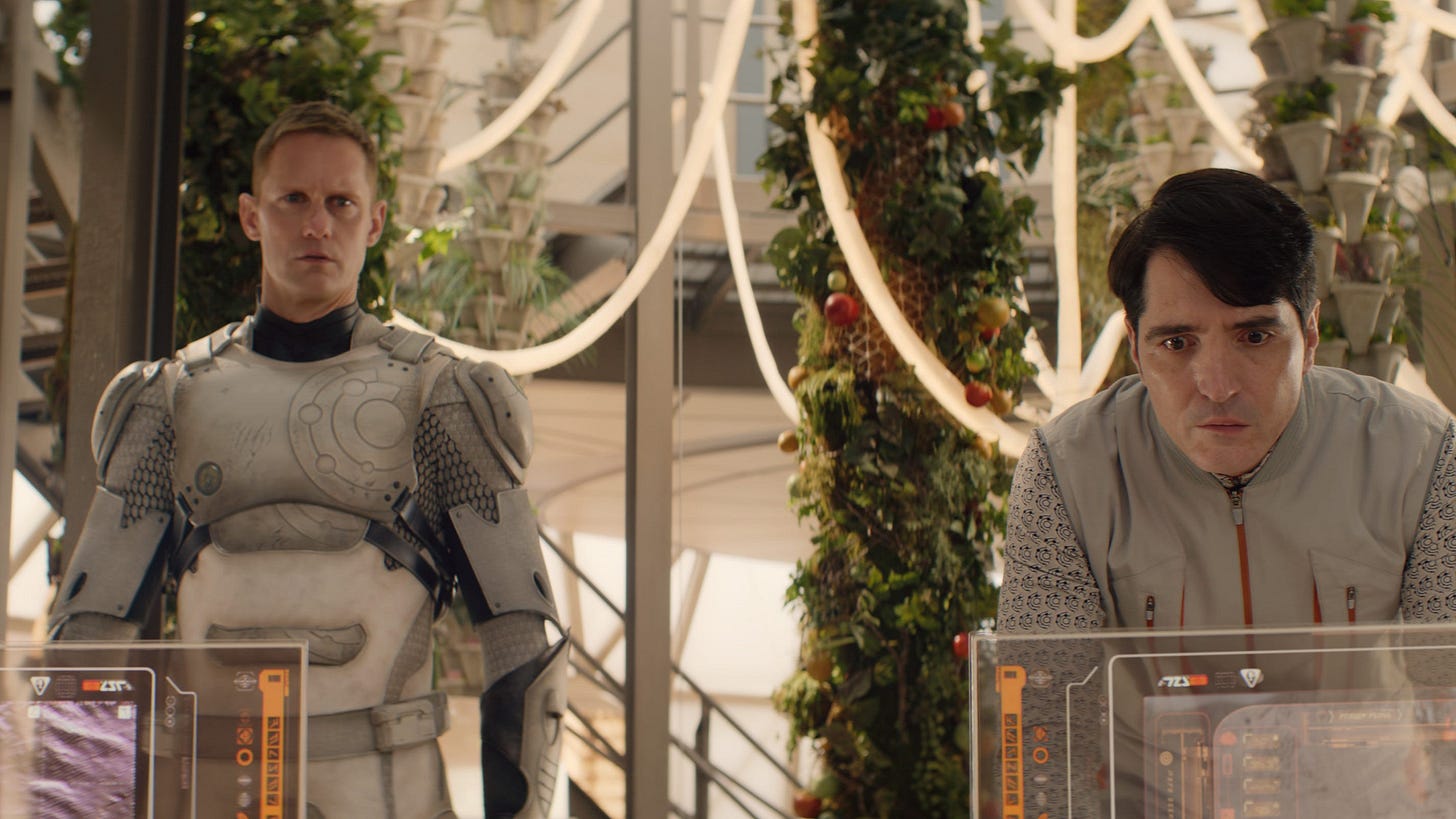Eric Gilliam | What history can teach us about doing better science
"Sometimes history gets rid of things for arbitrary reasons. I ask: what did we throw away that we shouldn’t have — and how do we bring it back?"
Eric Gilliam studies how organizations like Bell Labs, early MIT, and the Rockefeller Foundation helped drive scientific progress — and what made them unusually effective.
In this conversation, we explore how those models worked, why many of them disappeared, and what it would take to bring them back. Eric explains why fast-moving, engineering-driven labs like BBN (which built the first nodes of the internet) may be essential to accelerating progress in fields like AI, biotech, and beyond.
We also cover:
Why most funders underuse applied history
How systems engineers at Bell Labs identified billion-dollar problems
What a $100M research organization should do differently
What makes Eric hopeful about the future of meta-science
Eric runs FreakTakes, a Substack focused on the organizational infrastructure of scientific progress. He’s a fellow at the Good Science Project and works with ARIA UK and Renaissance Philanthropy to support new models for R&D.
Eric’s recommended resources
FreakTakes Substack – Eric’s deep-dive essays on the forgotten structures of science
The Making of the Atomic Bomb – by Richard Rhodes
The Rise and Fall of American Growth – by Robert J. Gordon
BBN Technologies – the applied research lab that helped build ARPANET
Eric’s vision for the future
Eric’s vision for the future centers on fostering a new era of scientific progress by recreating effective historical models of R&D, to focus on high-impact areas that directly enhance human well-being, such as improving housing, food production, longevity, and leisure time.
Xhope library recommendations
An Era of Stagnation and Universal Institutional Failure - Peter Thiel, Eric Weinstein. On why and how innovation and scientific progress are declining. Video
Where is My Flying Car? - J. Storrs Hall. An account of technological stagnation since the 1970s and an imaginative blueprint for a richer, more abundant future. Book
Institutional Failure as Surprise - Samo Burja. A historic account of why institutions fail. Forum/blog-post
Community updates
Share your worldbuild – and win up to $1,000
We’re awarding a $1,000 prize for the best vision of what 2035 with AI could look like.
Plus, four $500 prizes for standout submissions in the categories “Best Institution” and “Best Image or Video”.
Deadline: June 30
What to watch: New Murderbot series just dropped
Based on Martha Wells’ award-winning novellas, Murderbot follows a self-aware security android that’s hacked its own governor module — and would really rather just be left alone to stream soap operas.
Worth watching if you’re interested in AI agency, boundaries, or what it means to do “alignment” from the other side.
Explore more on Existentialhope.com.



